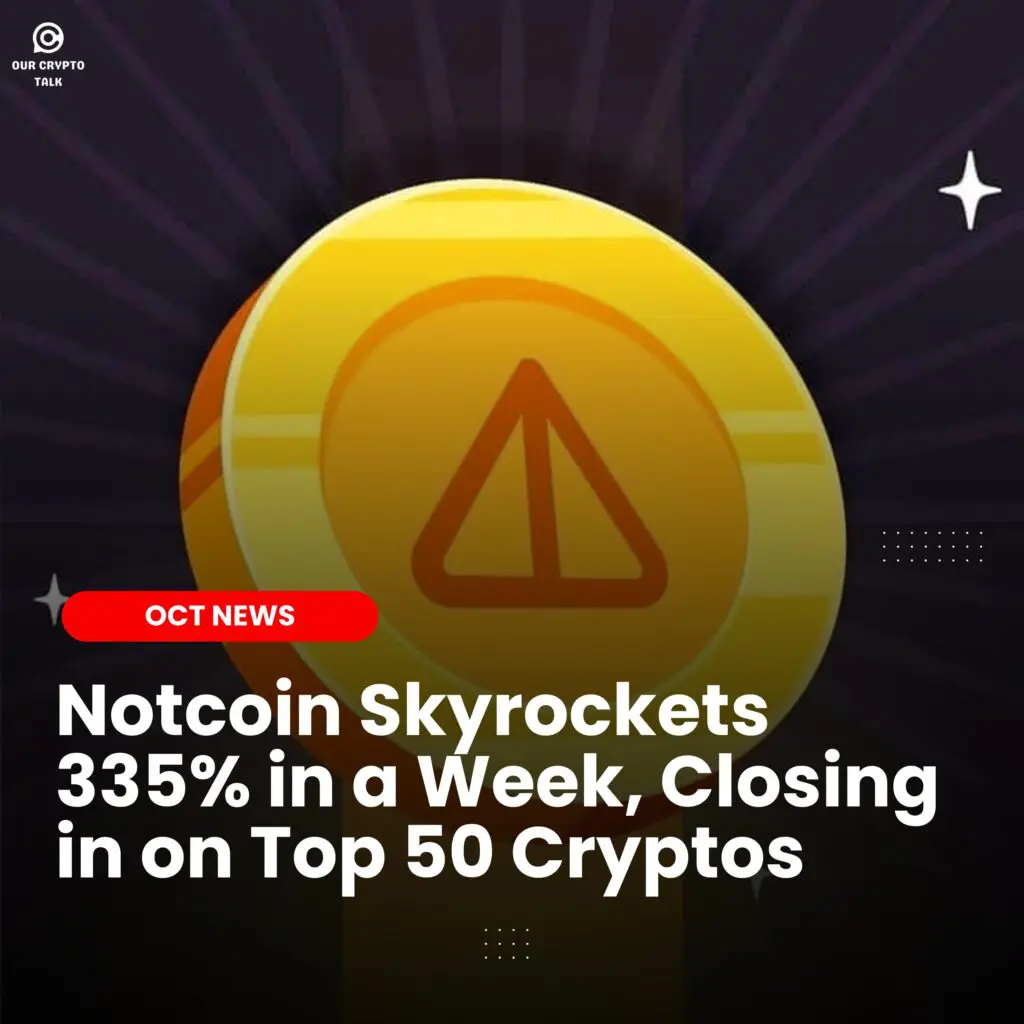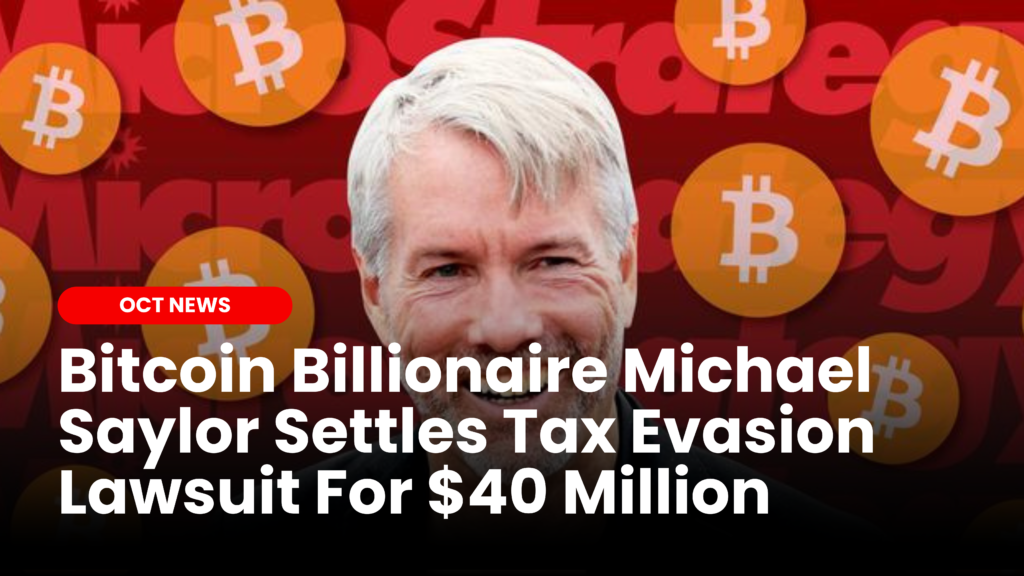September 18, 2025 — Ripple, Franklin Templeton, and DBS Group announced a strategic collaboration to launch RLUSD tokenized funds. This initiative allows accredited and institutional investors to trade and lend using Franklin Templeton’s sgBENJI token alongside RLUSD on the DBS Digital Exchange.
Key Takeaways
- Ripple, Franklin Templeton, and DBS launch tokenized money market funds using RLUSD stablecoin.
- Accredited and institutional investors can trade sgBENJI and RLUSD on DBS Digital Exchange.
- The partnership integrates blockchain with traditional finance, enhancing liquidity and efficiency.
- Long-term, this initiative could catalyze a $4 trillion tokenization market.
The partnership represents a key step in integrating blockchain technology into traditional finance, improving liquidity, transparency, and efficiency across global markets.

Historical Context and Market Potential
Ripple’s RLUSD, launched in October 2024, has gained adoption with partners such as Uphold and Bitstamp. Its popularity stems from regulatory compliance and enterprise focus. Franklin Templeton’s tokenized funds date back to 2019 with the Franklin OnChain U.S. Government Money Fund. Meanwhile, DBS has pioneered digital asset trading since 2019 through the DBS Digital Exchange.
This RLUSD tokenized funds collaboration builds on Ripple’s 2025 work with DBS. It also aligns with growing institutional interest in stablecoins. Analysts estimate the sgBENJI token could attract $500 million in initial trading volume. RLUSD’s integration may push its market cap toward $10 billion by year-end.
Long-Term Implications for Finance and Tokenization
The launch of RLUSD tokenized funds signals a long-term evolution in financial markets. Over the next decade, the partnership could foster a regulatory framework for stablecoins and tokenized assets, integrating real-world assets like money market funds into blockchain ecosystems.
Ripple’s RLUSD and sgBENJI could become global standards, reshaping investment and lending practices, and establishing a decentralized infrastructure that redefines the global economy for years to come.



